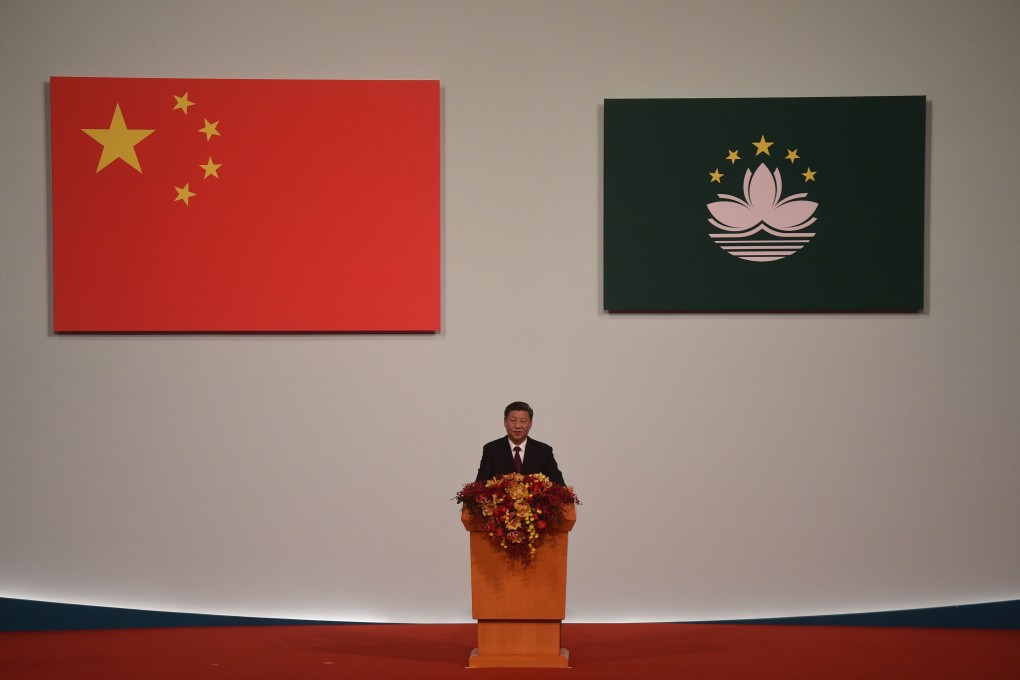Why Hong Kong should not dismiss Macau’s ambition for a yuan-denominated stock exchange
- The former Portuguese colony faces formidable challenges in creating the necessary conditions for a thriving yuan market, but a supportive Beijing may greatly ease its path to success
- Hong Kong needs to consider ways to create synergies with its neighbour

Certainly, they have reason to believe so. In terms of territorial size, gross domestic product and population, Hong Kong overshadows its neighbour. In terms of economic structure, Macau is driven by its gambling and tourism industries whereas Hong Kong showcases a more diversified and dynamic economy.
Like the other two leading stock markets, in New York and London, Hong Kong has a common law system, the only common law jurisdiction in the region, whereas Macau has a civil law system, which may not be as compatible with the modern, robust and fast-moving financial markets.

Besides, Hong Kong has taken many decades to create a well-established ecosystem of securities trading and investment. Its residents started trading in shares as far back as the 1860s. In the 1980s, the Stock Exchange of Hong Kong, the predecessor of the current Hong Kong Exchanges and Clearing, was formed out of a merger of four exchanges, laying the foundation for its subsequent spectacular growth.
